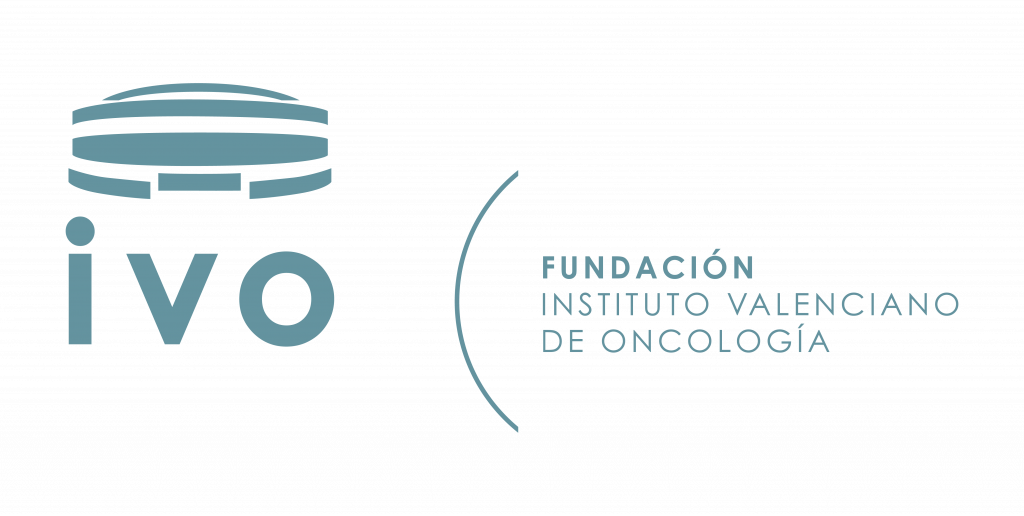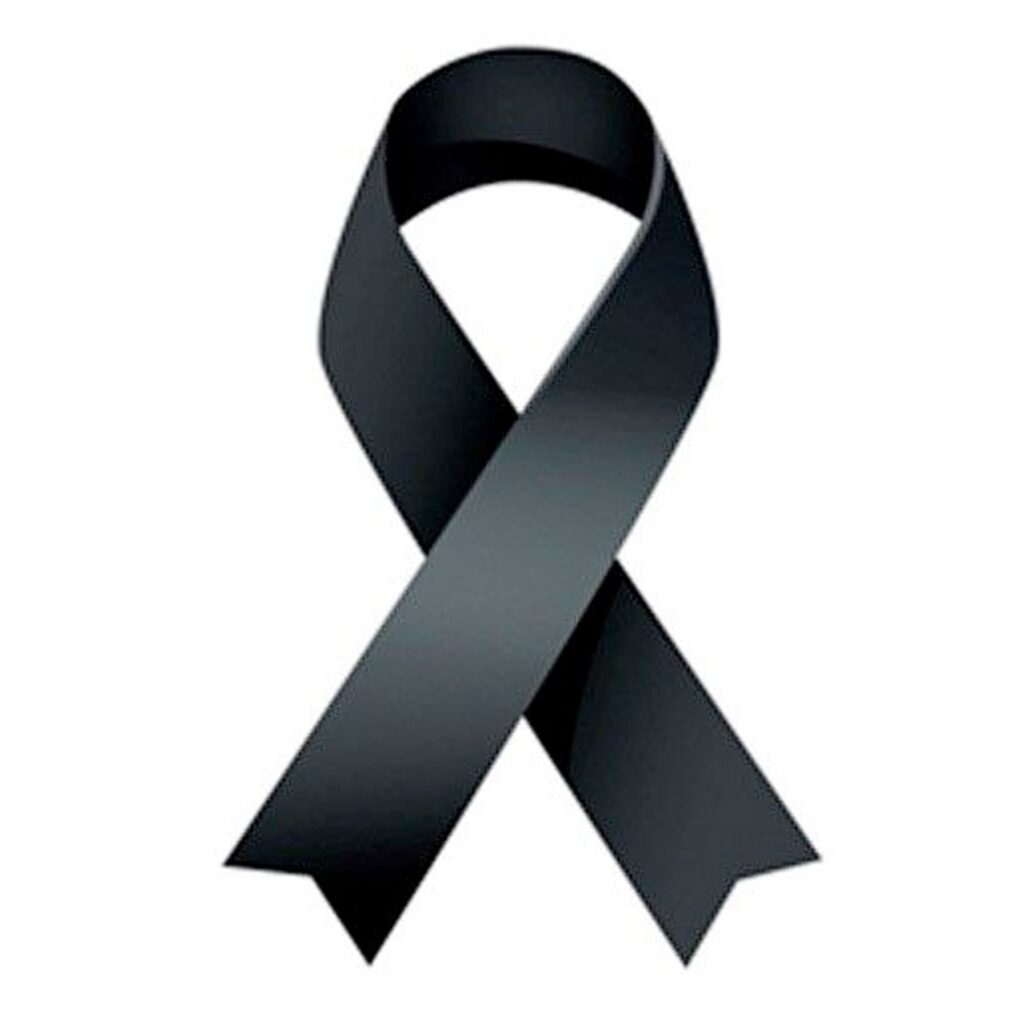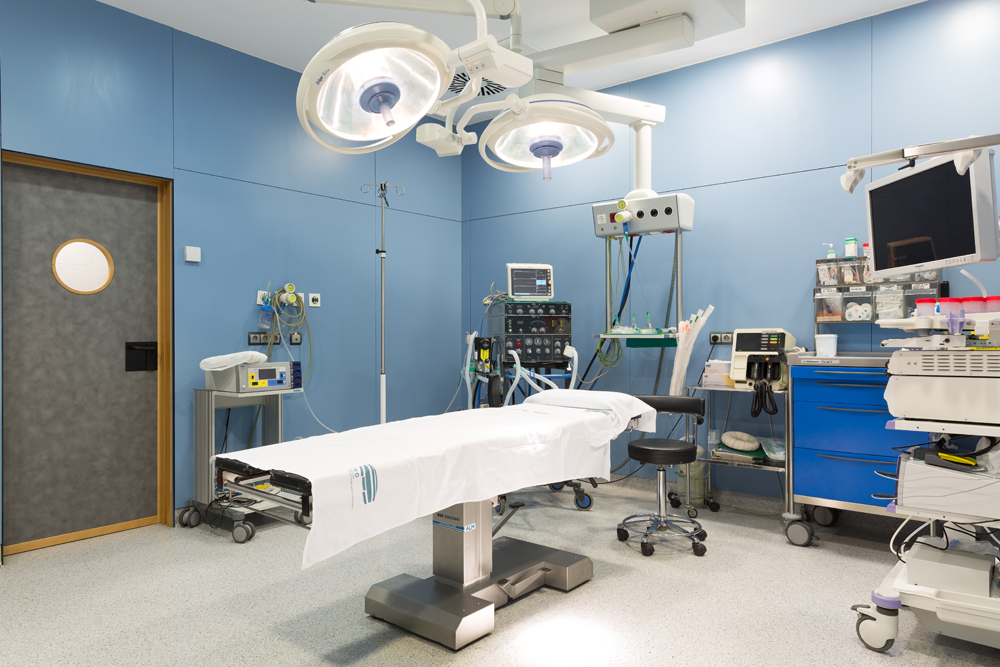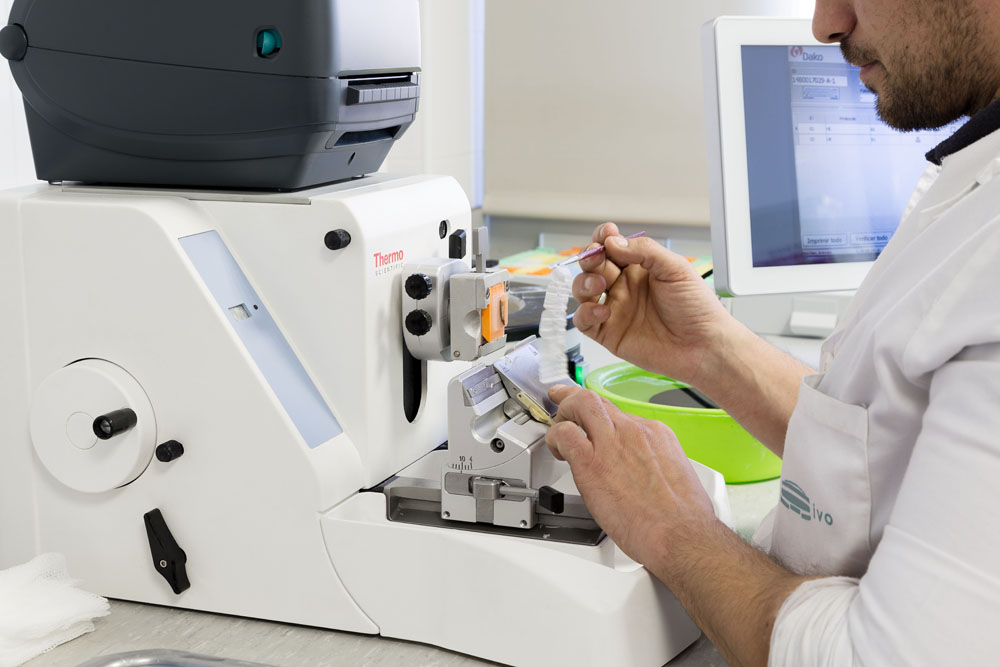It usually manifests as a painless mass that is dependent on the testicle and requires the removal of the testicle through a simple surgical procedure. This is usually sufficient as the only therapeutic act in some early stages.
Testicular cancer generally has an excellent prognosis, even in advanced stages. It often requires treatment with chemotherapy and, in exceptional cases, radiotherapy.
Sometimes it is necessary to remove the abdominal lymph nodes (retroperitoneal lymphadenectomy) either before or, more frequently, after chemotherapy treatment.
Surgery for a residual retroperitoneal mass is a complex surgery, and it is recommended to be carried out in specialised centres that are a reference in the field.
In this regard, the Urology Service of the IVO has extensive experience and has been a pioneer in our country in surgery with the preservation of the nerves responsible for ejaculation, as well as in the laparoscopic surgical approach, which can be performed in select cases.
Each case is assessed individually in the tumour committee, as there is a wide range of cell lines and stages of the disease that require an individualised therapeutic and follow-up approach.
There may also be aftereffects in the area of fertility, sexuality and hormonal deficits, which are treated in the specialised andrology clinic, as well.







